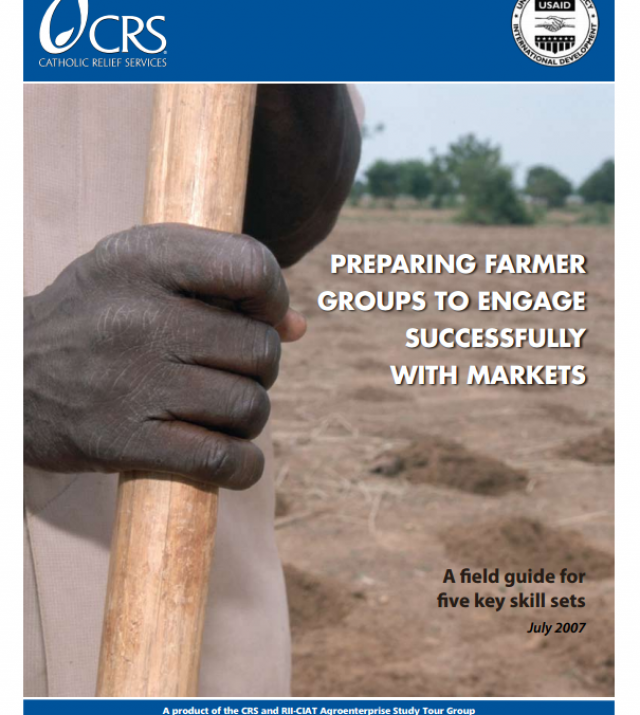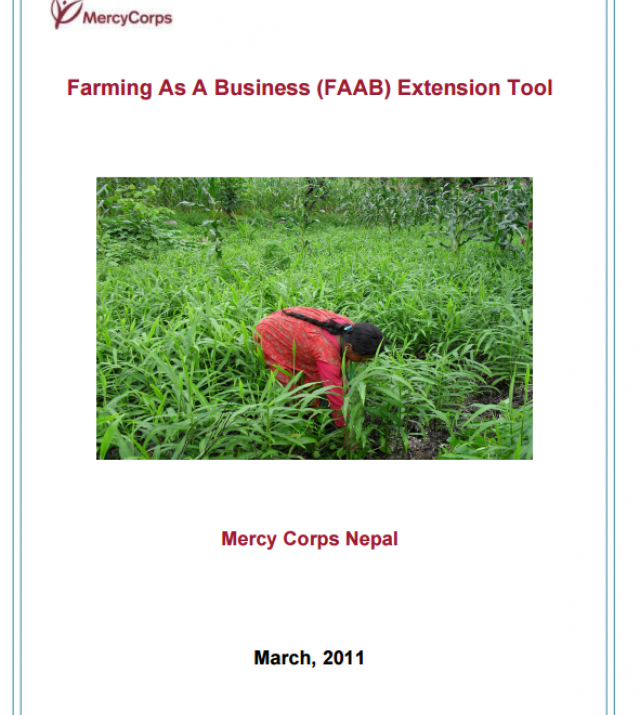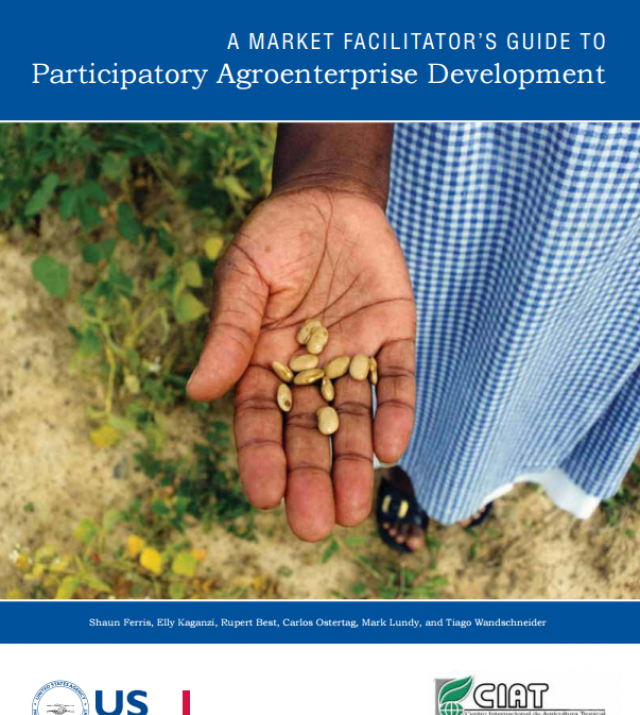
Making the Most of Agricultural Investment: A Survey of Business Models that Provide Opportunities for Smallholders

Recent years have witnessed a renewed interest in agricultural investment. In many cases, this new momentum has translated into large-scale acquisitions of farmland in lower- and middle-income countries. Partly as a result of sustained media attention, these acquisitions have triggered lively if polarised debates about “land grabbing”. Less attention has been paid, however, to alternative ways of structuring agricultural investments that do not involve large-scale land acquisitions. These include a wide range of more collaborative arrangements between large-scale investors and local small-scale farmers and communities, such as diverse types of contract farming schemes, joint ventures, management contracts and new supply chain relationships.
Drawing on a literature review, this report examines a range of business models that can be used to structure agricultural investments in lower- and middle-income countries, and that provide an alternative to large-scale land acquisitions. A business model is the way in which a company structures its resources, partnerships and customer relationships in order to create and capture value – in other words, a business model is what enables a company to make money. Business models are considered as more inclusive if they involve close working partnerships with local landholders and operators, and if they share value among the partners.
The report focuses on models for structuring agricultural investments. Models based on pure trading relations, for instance through direct relationships between retailers and farmer groups, are outside the scope of the report.

